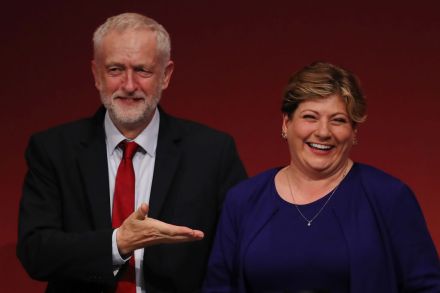The Spectator’s notes | 30 November 2017
We are congratulating ourselves and the royal family on overcoming prejudice by welcoming Meghan Markle’s engagement to Prince Harry. But in fact this welcome is cost-free: Ms Markle’s combination of Hollywood, mixed ethnicity, divorced parents, being divorced herself and being older than her fiancé ticks almost every modern box. It was harder, surely, for Kate Middleton. She was simply middle-class, Home Counties, white, and with no marital past — all media negatives. Her mother was a former flight assistant. People made snobby jokes about ‘cabin doors to manual’. There was nothing ‘edgy’ about Kate that could be romanticised. Luckily, she is also beautiful, sensible and cheerful, and politely concealed her successful




















